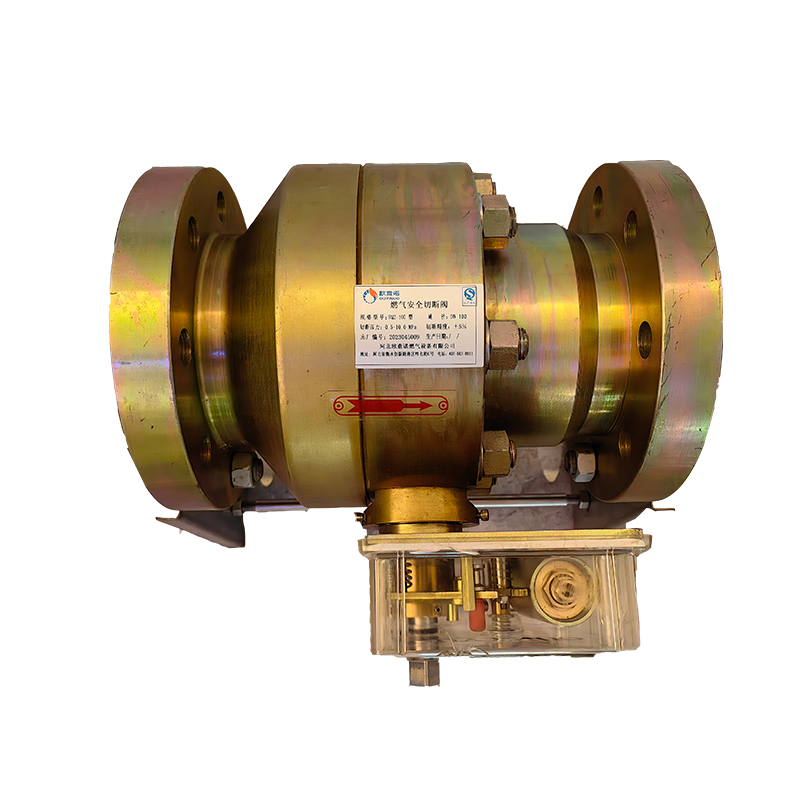
Sep . 11, 2024 18:27
Back to list
Natural Gas Heat Exchanger Solutions
Understanding the Heat Exchanger for Natural Gas
Heat exchangers play a critical role in the processing and transportation of natural gas, ensuring that it reaches consumers efficiently and safely. These devices are designed to transfer heat between two or more fluids while minimizing the mixing of these fluids. In the context of natural gas, heat exchangers serve various applications, from cooling and heating processes to recovering energy.
Natural gas, primarily composed of methane, is often transported over long distances through pipelines. During this journey, changes in temperature and pressure can occur, affecting the gas's state and quality. Heat exchangers help to manage these changes by either removing excess heat that might cause the gas to expand or adding heat to prevent condensation.
.
Shell-and-Tube Heat Exchangers These are the most widely used type in industrial applications. They consist of a series of tubes, with one fluid flowing through the tubes and another fluid passing around them in the shell. They are robust and can handle high pressures, making them ideal for natural gas processing.
المبادل الحراري للغاز الطبيعي

Plate Heat Exchangers These devices use metal plates to transfer heat between the fluids. They are often more compact and efficient than shell-and-tube exchangers, providing a higher surface area for heat transfer. However, they may not be suitable for all applications, especially where high pressures or temperatures are involved.
Finned-Tube Heat Exchangers Used primarily in cooling applications, these exchangers have fins attached to the tubes to increase surface area for better heat transfer. They are often employed in gas compression stations where cooling of the gas is critical to maintain system efficiency.
The operation of a heat exchanger in the natural gas industry not only ensures the safe transport of energy but also enhances energy efficiency. By recovering waste heat from processes, companies can significantly reduce operational costs and minimize their environmental impact.
In conclusion, the heat exchanger for natural gas is an essential component of modern energy systems. Its ability to regulate temperature and recover energy ensures that natural gas is delivered safely and efficiently to consumers. As the demand for cleaner and more efficient energy sources continues to grow, advancements in heat exchanger technology will play a pivotal role in the future of natural gas processing and utilization. Continued innovation in this field will help meet the challenges of energy demand while promoting sustainability and reducing our carbon footprint.
Latest news
-
Safety Valve Spring-Loaded Design Overpressure ProtectionNewsJul.25,2025
-
Precision Voltage Regulator AC5 Accuracy Grade PerformanceNewsJul.25,2025
-
Natural Gas Pressure Regulating Skid Industrial Pipeline ApplicationsNewsJul.25,2025
-
Natural Gas Filter Stainless Steel Mesh Element DesignNewsJul.25,2025
-
Gas Pressure Regulator Valve Direct-Acting Spring-Loaded DesignNewsJul.25,2025
-
Decompression Equipment Multi-Stage Heat Exchange System DesignNewsJul.25,2025

